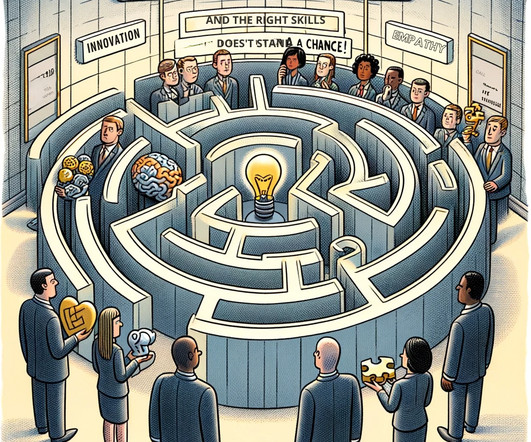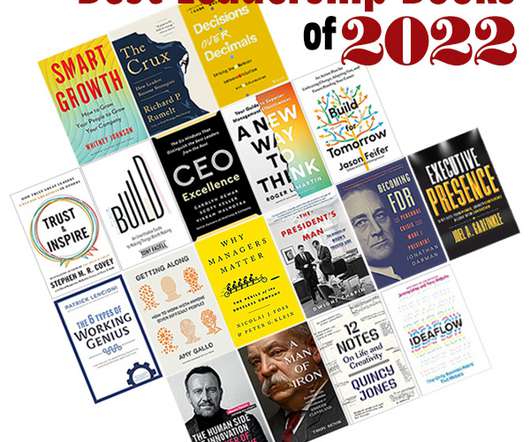Leadership Labyrinth
CO2
JANUARY 14, 2024
In the ever-evolving landscape of business leadership, executives often find themselves at the center of a complex maze – the Leadership Labyrinth. Navigating this labyrinth requires more than traditional management skills; it demands a deep understanding of oneself and the ability to inspire and lead others effectively.












Let's personalize your content